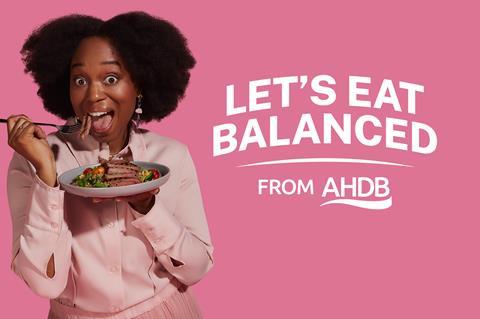
A row between campaign group Feedback and AHDB over its Let’s Eat Balanced marketing push has reignited, after Feedback spearheaded a letter to the government calling on it to intervene and end the initiative.
The levy-funded and supermarket-backed consumer marketing campaign returned earlier this month to showcase British beef, lamb and dairy as what AHDB termed “natural sources of essential nutrients such as protein and vitamin B12, which helps to reduce fatigue”.
Its messaging was “firmly aligned with the government’s Eat Well Guide, which promotes a varied, healthy and balanced diet”, AHDB added.
However, the marketing push’s return prompted calls to senior members of the government to step in and ban it.
A letter composed this week, sent to Defra secretary Steve Reed, health secretary Wes Streeting and net zero secretary Ed Miliband, and signed by more than 40 environmental, health, dietary and animal protection organisations and campaigners, calls “for an end” to the campaign.
The government, instead, should be investing in and promoting the consumption of fruit, veg and healthy plant-based foods, it urged.
Let’s Eat Balanced “flies in the face of the government’s own public health and sustainability goals, and demonstrates that the AHDB is not currently fit for purpose”, claimed the letter, signed by the likes of Greenpeace, TV presenter and campaigner Chris Packham, environmental activist and Ecotricity founder Dale Vince, Dr Chris van Tulleken and the Food Foundation.
“Evidence is abundant that high quantities of red and processed meat increase the risk of coronary heart disease, some forms of cancer and type 2 diabetes,” the letter claimed, while citing sources ranging from Henry Dimbleby’s National Food Strategy and the UK’s Climate Change Committee’s calls to cut meat and dairy consumption in order to meet climate change targets.
“Instead of sponsoring this group, the government must shift the focus of support and marketing campaigns to the horticulture sector and its products; vegetables, fruits, legumes and wholegrains – these are the foods the UK is eating too little of,” it said.
“The government must make people aware of the recommendations to limit meat and dairy consumption and enable a just transition to profitable and sustainable agriculture in the UK. Such strategies have already been implemented by other governments, including the Danish government in 2023, and the UK must follow suit,” it urged.
The letter echoes similar calls by Feedback, published in The Grocer last year, which provoked an equally strident response from AHDB.
In response to this week’s letter, AHDB communications director Will Jackson said the levy board took “a science-based approach to providing accurate, transparent information on the nutritional and environmental benefits of red meat and dairy”.
Let’s Eat Balanced promoted “a healthy balanced diet, and shows how lean, unprocessed British meat and dairy can be healthy choices within a diet”, he added, while stressing the campaign “highlights the importance of portion control and moderation, emphasising that lean red meat (never processed) and dairy are key sources of essential nutrients like iron, zinc, calcium, iodine, and vitamin B12, which are often lacking in diets, especially for vulnerable groups”.
AHDB was an “evidence-based, independent, non-departmental public body, that is non-commercial”, Jackson said.
“Our function is to support farmers and others in the supply chain through a broad range of activities that benefit their businesses. This includes a focus on agriculture’s contribution to the environment, marketing and exports as well as research and development across the sectors we work within.”
A Defra spokeswoman said “everyone should have access to a varied, healthy diet and make their own choices about what they eat”.
They government was “committed to supporting a food system that produces sustainable, healthy and affordable food, while ensuring the right outcomes for consumers, farmers and food producers”, she added.







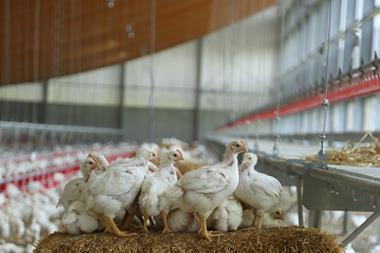
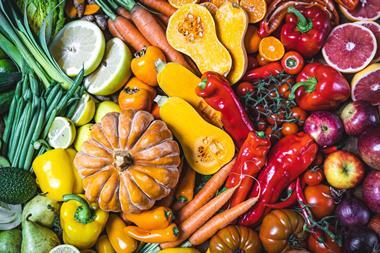


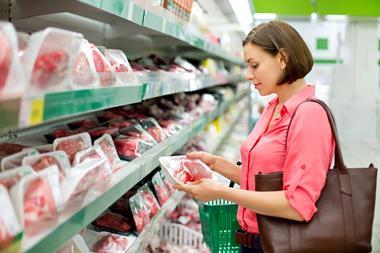
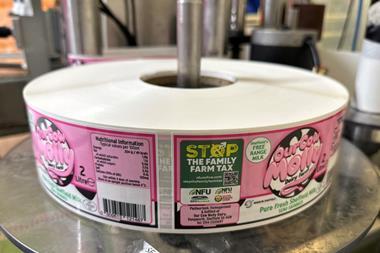






No comments yet